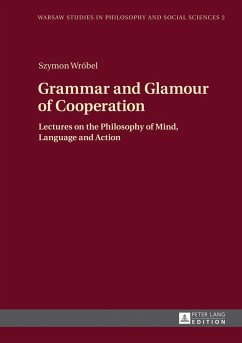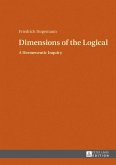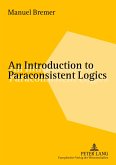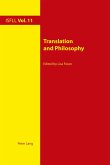This book is a collection of essays, weaving together cognitive psychology, psycho-linguistics, developmental psychology, modern philosophy and behavioural sciences. It raises the question: how does grammar relate to our remarkable ability to cooperate for future needs? The author investigates the interconnections between the mechanisms governing cooperation and reciprocal altruism on the one hand and the capacity to generate an infinite range of expressions from a finite set of syntactically structured elements on the other. Based on these premises, the specific character of cognitive explanations, possible architectures of mind, non-formal grammar and tacit knowledge are explored. Furthermore the author deals with the role of conceptual representations in explaining grammar, the modular structure of mind and the evolutionary origins of human language ability and moral authority.
«If one assumes the author's task is to describe various competences of a man, the book can be seen as a concept of how particular facilities and competencies form the 'glamour of cooperation' that enables a man to function in natural and social environments. Then the cooperation category can refer to both - the way all these facilities cooperate, and how cooperation between people is organised in its cognitive, communicational and moral aspects. I highly recommend the unique collection of Szymon Wróbel's essays Grammar and Glamour of Cooperation. Lectures on the Philosophy of Mind, Language and Action as an excellent introduction to contemporary debates in cognitive science.» (Professor Zbyslaw Muszynski , Department of Logic and Philosophy of Science at the University of Lublin (Poland))









